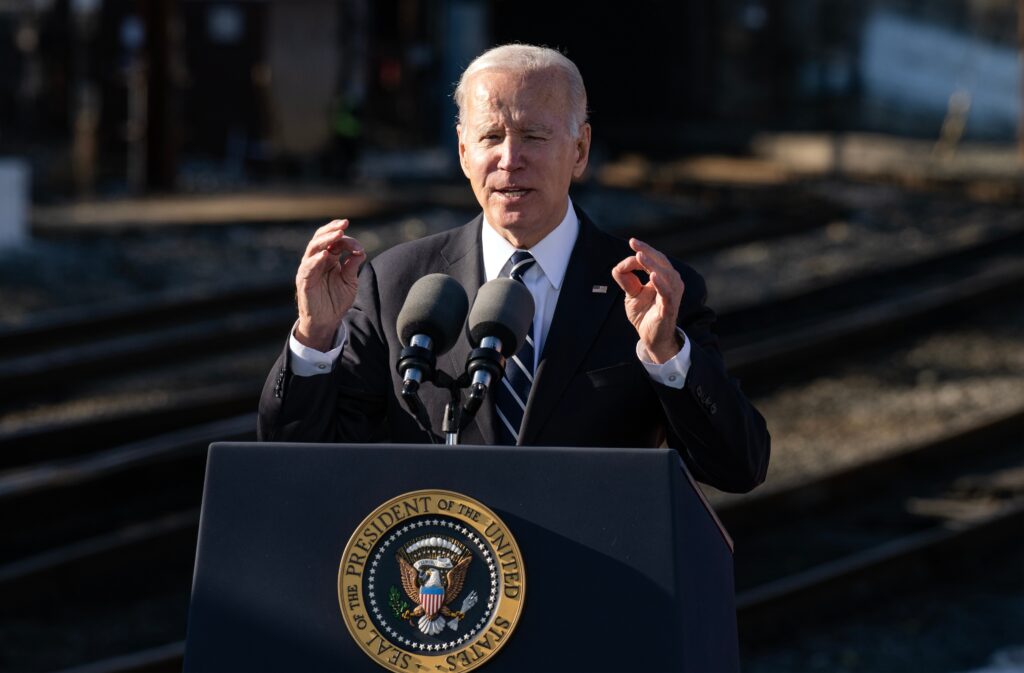The age of political leaders and its implications on governance is a topic that sparks debate and diverse perspectives among citizens and experts alike. With President Joe Biden and Former President Donald Trump both being in their 70s and 80s during their terms in office, questions about the relevance of age in leadership roles have come to the forefront. Let’s explore this issue in greater detail.
Experience and Wisdom
The wealth of experience and accumulated wisdom that older political leaders bring to governance is often highlighted as a significant benefit. Years spent in public service, politics, and leadership roles provide them with insights into complex issues and challenges. This depth of experience can be invaluable in making informed policy decisions, navigating diplomatic relations, and addressing domestic concerns. Supporters argue that older leaders offer a steadiness and seasoned judgment that younger counterparts may lack, drawing upon decades of learning and adaptation in public service.
Health and Stamina
Critics and observers often express concerns about the physical and mental stamina of older political leaders. The demanding nature of presidential duties requires robust health to effectively fulfill responsibilities. However, many older leaders have demonstrated resilience and maintained active schedules despite their age. Regular health assessments and access to top medical care are crucial for ensuring that leaders can perform their duties effectively throughout their term. The ability to manage personal health and wellness becomes a key consideration in evaluating the suitability of older leaders for high-pressure roles.
Judgment and Decision-Making
Age is sometimes associated with maturity and sound judgment, qualities that can benefit political leaders in navigating complex challenges. Older leaders often bring a broader perspective and a nuanced understanding of historical context to their decision-making process. This depth of experience can enhance their ability to assess risks, weigh policy options, and respond to crises effectively. The accumulated wisdom gained over a lifetime of public service can contribute to more informed and thoughtful governance.
Relevance to Contemporary Issues
Critics argue that older leaders may be less attuned to modern challenges and societal changes, particularly in rapidly evolving areas like technology and social norms. The pace of change in the 21st century presents unique governance challenges that require innovative approaches and adaptability. Some believe that younger leaders may be more in touch with the concerns and aspirations of newer generations, bringing fresh perspectives and innovative solutions to governance. Balancing experience with adaptability to contemporary issues remains a key consideration in evaluating leadership effectiveness.
Leadership Style
It’s important to recognize that leadership style is not solely determined by age but rather by a combination of personal traits, skills, and decision-making abilities. Some older leaders embrace progressive approaches and demonstrate openness to change, while some younger leaders may adopt more traditional or conservative leadership styles. Effective leadership transcends age, focusing on the ability to inspire, unite, and lead with integrity and vision.
Public Perception and Voter Considerations
In democratic societies, voters evaluate political candidates based on a diverse range of factors beyond age alone. While age may influence perceptions of experience and wisdom, voters prioritize policies, character, integrity, and vision when making electoral decisions. Age becomes one factor among many that voters consider in assessing a candidate’s suitability for leadership.
Conclusion
The age of political leaders remains a nuanced and multifaceted issue that sparks ongoing debate and discussion. While experience and wisdom garnered over years of public service are valuable assets, age-related health concerns and potential disconnect from contemporary issues warrant thoughtful consideration. Ultimately, voters evaluate leaders based on a comprehensive assessment of their qualifications, leadership style, and ability to lead effectively in a rapidly changing world. The debate over the relevance of age in governance reflects broader conversations about leadership qualities and evolving citizen expectations in modern democracies.


